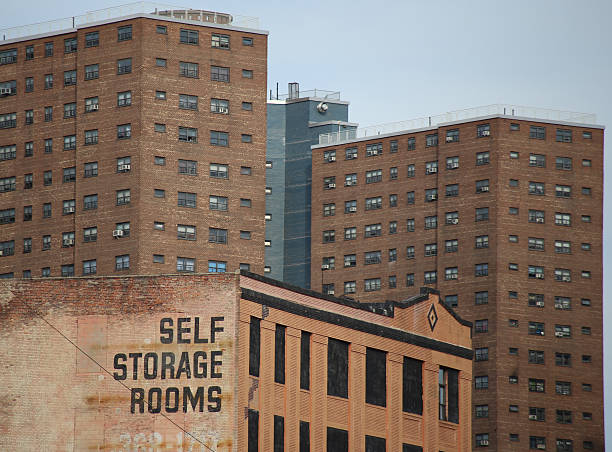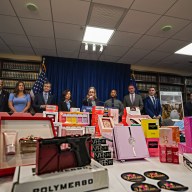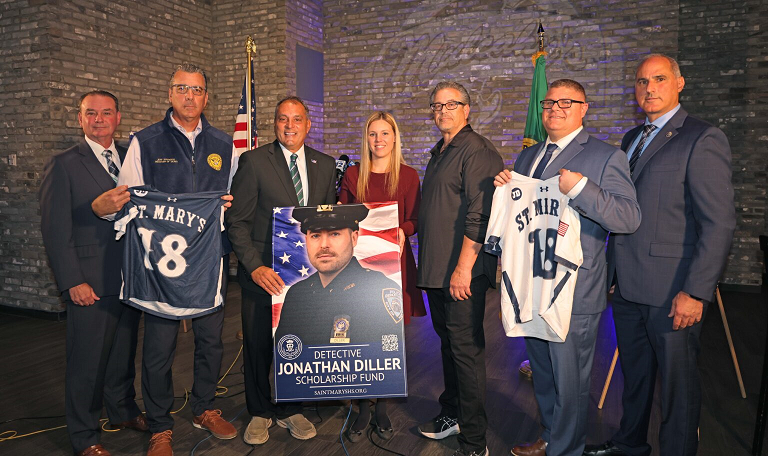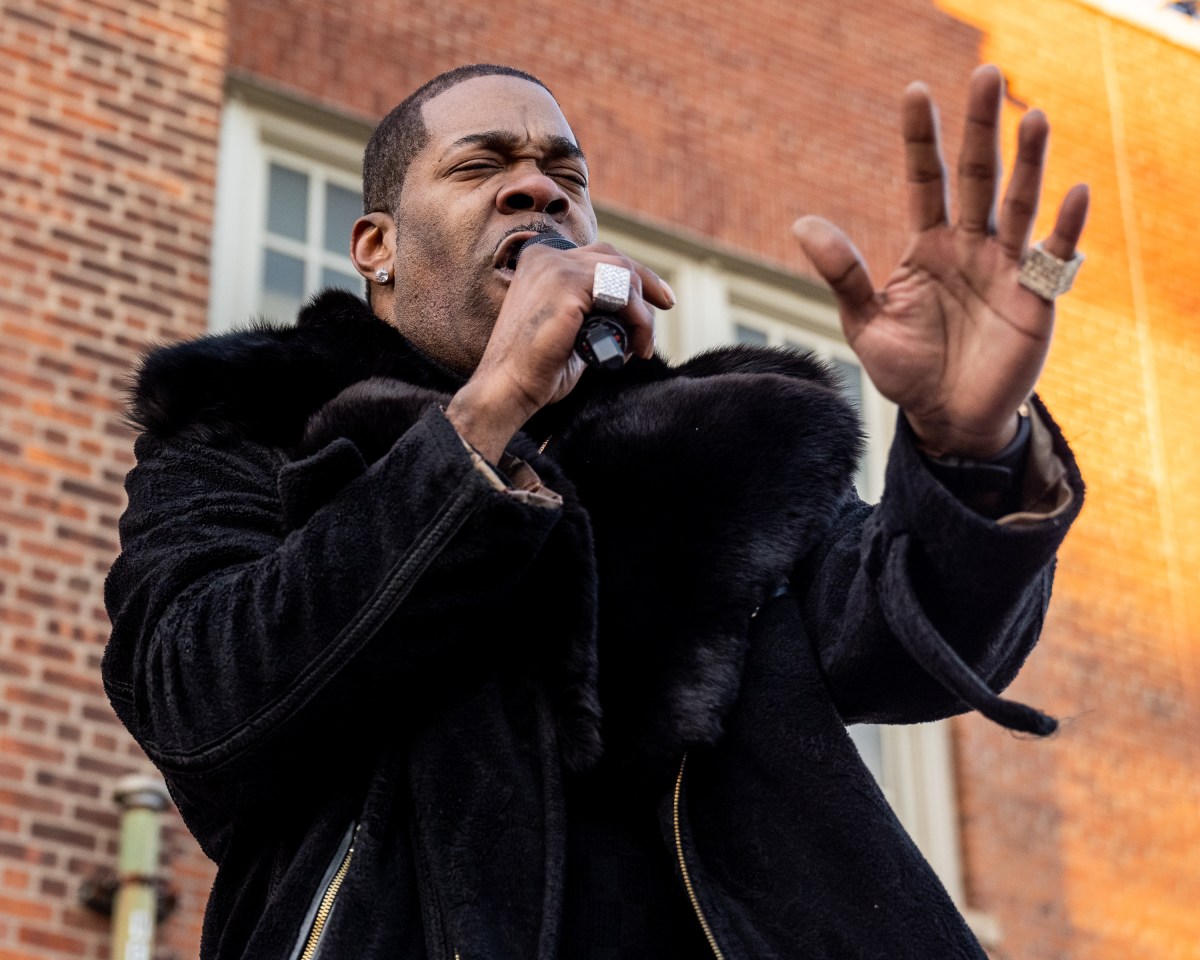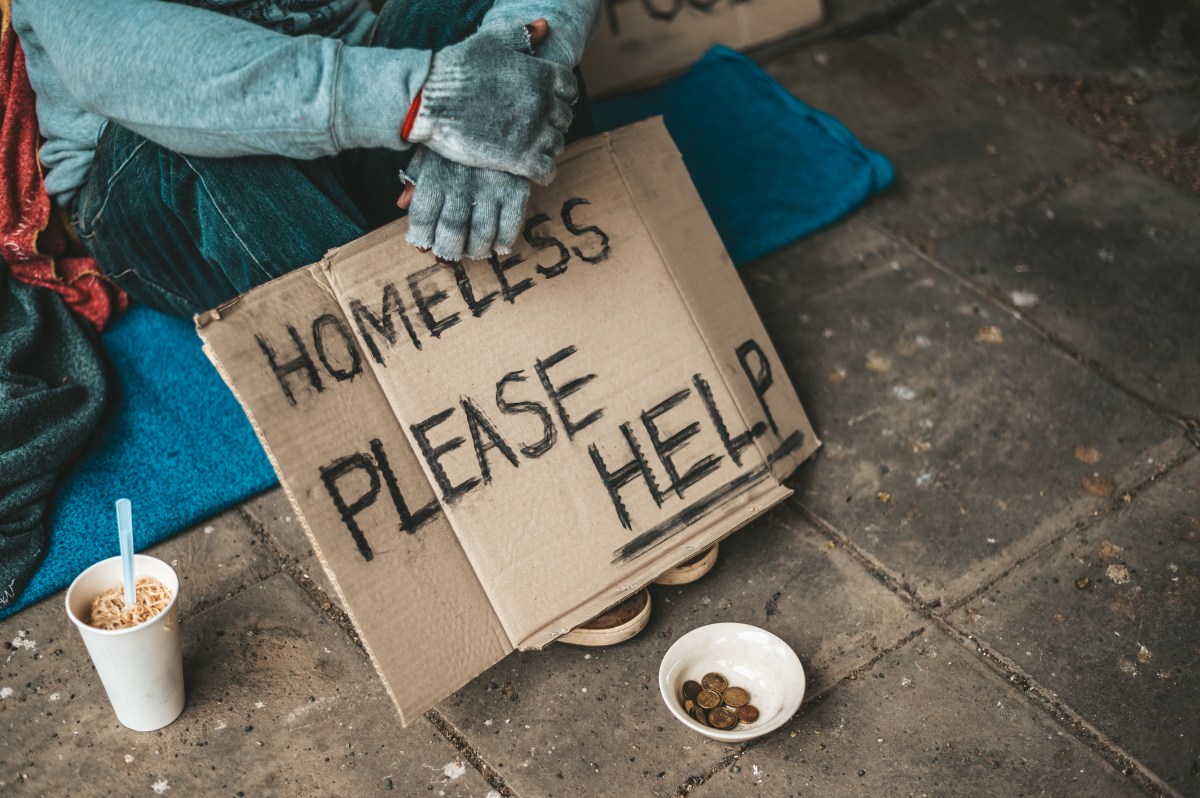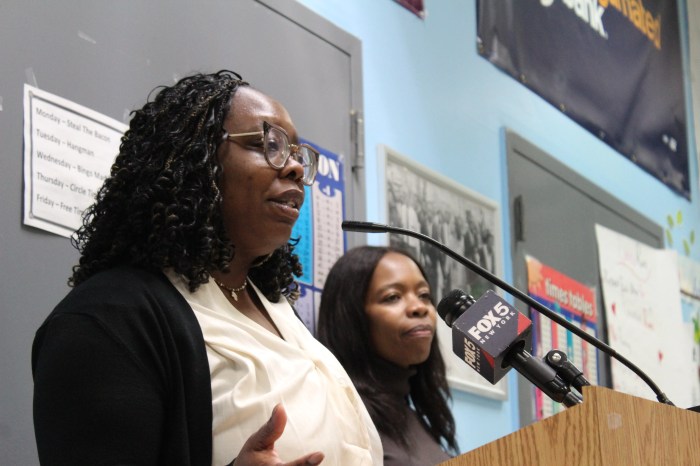Want to reduce the nearly three pounds of trash a day you generate as a resident of New York City?
Only 17% of NYC trash is recycled, according to GrowNYC. But grass roots “fix it” collectives to restore flawed belongings — along with listservs and “free meets” that allow New Yorkers to pass on items that they no longer need — have emerged in hopes of paring that percentage.
Last year, Sandra Goldmark and Michael Banta of Inwood started Pop Up Repair, a traveling cadre of tinkerers who repair all that worn, defective stuff that might otherwise get tossed — backpacks with broken straps, appliances that have stopped applying themselves and all manner of toys and jewelry, for about $10 to $80. The pop up appears at greenmarkets and in storefronts and was recently hosted by another creative nonprofit, Film Biz Recycling, an organization that operates on a zero waste policy and redistributes props, wardrobes and sets, said Goldmark, an assistant professor at Barnard College’s Department of Theater.
Goldmark conceived Pop Up Repair because “even with my own stuff, I had no idea where to take it.” As a busy working mom, she realized entire weekends can be devoured trying to source repairs of furniture, knickknacks and sports equipment. The pop up takes on blinds, iPhones, scissors and bricolage, though certain cheap toys from overseas with electronic parts can’t be resurrected. “They’re just landfill waiting to happen,” said Goldmark, who hopes to inspire people to purchase more selectively.
Owners of worn shoes and broken bicycles are redirected to local cobblers and bike repair shops to support independent local businesses. The Fixers Collective, a group in Gowanus dedicated to increasing “material literacy” and fighting premature obsolescence of salvageable items, hosts “fixing sessions” on the third Thursday of each month in which owners work with MacGyverish “master fixers” to learn the skills to keep their lamps, printers and other belongings functioning properly. Vincent Lai, program director for Fixers Collective, obtained a new MacBook Pro for $50 in parts by rehabbing a broken one he found in the trash. He said the fix-it movement is not just economic and ecological, but pro-social.
“We encourage people to think of optimal utility and get the most value out of something,” he said. “That old computer you might bring to a recycling event could be [fixed and given] to a pet shelter that uses it to post pictures and create ads for pet adoption.”
Lai is also an active volunteer in the NYC Freecycle group, which was founded in 2003 and now has more than 55,000 members. Givers post “offers” of what they have to give away (tea pots, telephones, chairs, baby clothing) and then sift through responses.
People searching for something specific can also post “wanted” notices. (Disclosure: this reporter has given away air conditioners, shoes and electronics on Freecycle and is still watching the television that a delightful Brooklyn lawyer gave her via Freecycle after he upgraded.)
GrowNYC hosts swaps throughout the city to allow residents to give away items they no longer want and take ones they do.
The Really Really Free Market holds a sharing event where people periodically give away — and take — anything and everything that can be carted to or from Greenwich Village’s Judson Memorial Church in a shopping cart. The next one will be held 3 to 7 p.m. on May 4
Even retailers are going green. At Molasses Books in Bushwick, quality literary fiction, poetry and art books can be swapped for 28-35% credit at the bar.















